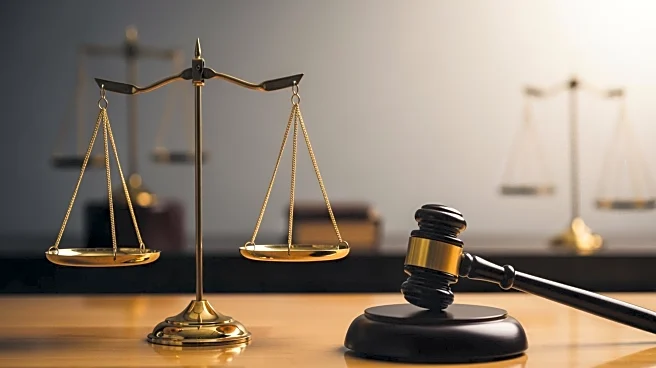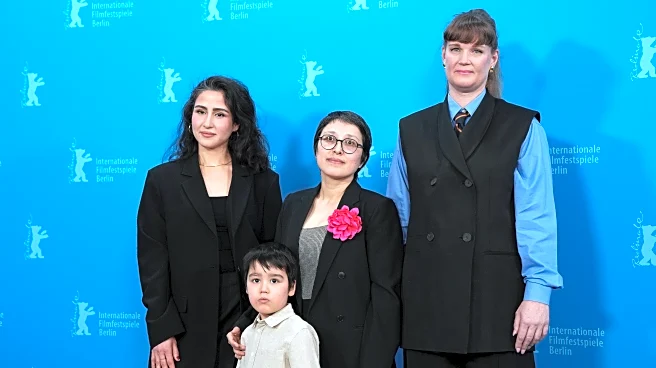What's Happening?
The Seventh Circuit Court has issued an order that reduces judicial oversight on U.S. Border Patrol operations in Chicago, specifically concerning Commander Gregory Bovino. This decision follows allegations
that Bovino and federal agents violated a temporary restraining order (TRO) issued by U.S. District Court Judge Sara Ellis. The TRO was intended to limit the use of riot control tactics, such as tear gas, unless there was an immediate safety threat. Despite this, Bovino was reportedly seen using tear gas without prior warning during a Halloween event, affecting children in the vicinity. Judge Ellis had mandated daily reports from Bovino on the use of force, but the Seventh Circuit found this requirement to infringe on the separation of powers, arguing it turned Ellis into an 'inquisitor' rather than a 'neutral adjudicator.'
Why It's Important?
This ruling has significant implications for the balance of power between the judiciary and the executive branch. By limiting judicial oversight, the decision could embolden federal agents to operate with less accountability, potentially leading to more aggressive enforcement actions. This is particularly concerning in the context of ongoing debates about the militarization of law enforcement and the protection of civil liberties. The decision may also set a precedent for future cases where judicial oversight is deemed intrusive, potentially weakening checks and balances designed to prevent abuse of power.
What's Next?
The decision is likely to provoke reactions from civil rights groups and legal experts who may argue that it undermines judicial authority and public accountability. There could be calls for legislative action to ensure that federal law enforcement agencies remain subject to appropriate oversight. Additionally, the ruling may face challenges in higher courts if it is perceived as a threat to the constitutional principle of separation of powers.
Beyond the Headlines
The case highlights broader concerns about the increasing use of military tactics in domestic law enforcement and the potential erosion of civil liberties. It raises ethical questions about the appropriate level of force in civilian settings and the role of the judiciary in safeguarding individual rights against executive overreach. The decision could also influence public perception of law enforcement agencies and their relationship with the communities they serve.











